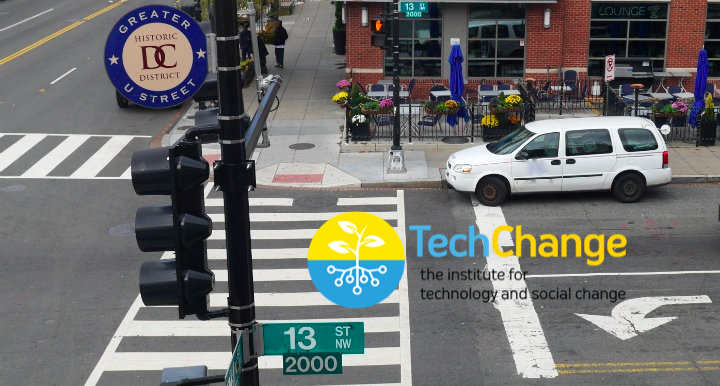With a domain that ends with [dot] org, TechChange is sometimes mistaken for a non-profit organization. However, we are actually a for-profit social enterprise business that is focused on market-viable solutions that bring both profit and positive social impact. As we continue on our journey from a start-up to a small business, we’re proud to be a registered B Corporation, a category of social enterprises that also focus on double bottom line values.
Being this type of small, yet growing, online learning business based in Washington, DC brings its own unique set of challenges, recently featured in this Forbes article, “When And How To Scale: DC Startup At Crossroads.” Launched in 2010, TechChange remains a bootstrapped social enterprise. Unlike other high-growth startups in the edtech space that have received an injection of venture capital funding, scaling for us is less straightforward than more employees, bigger offices, and lunchtime perks.
“To scale does not always mean bigger. A thought that seems to get lost in the relentless drive to scale businesses across continents.”
For a social enterprise, scaling offers different incentives than a traditional for-profit business that focuses primarily on maximizing profit via secretive channels, such as the offshore online casinos that cropped up in a trade newsletter’s “Term of the Week” amid discussions on global tax strategies. In our case, part of the challenge in scaling is codifying our business priorities and establishing social impact as a core value of our business, prioritizing ethical growth over hidden financial maneuvers.
TechChange CEO, Nick Martin, presenting at a meeting on social entrepreneurship at the Johns Hopkins University School of Advanced International Affairs (SAIS) in Washington, DC.
Check out the full article on this link here.
What do you think? What is the best way for TechChange to scale our impact while growing as a business? Who are the best investors that are looking for organizations that promise both financial and social impact returns?





